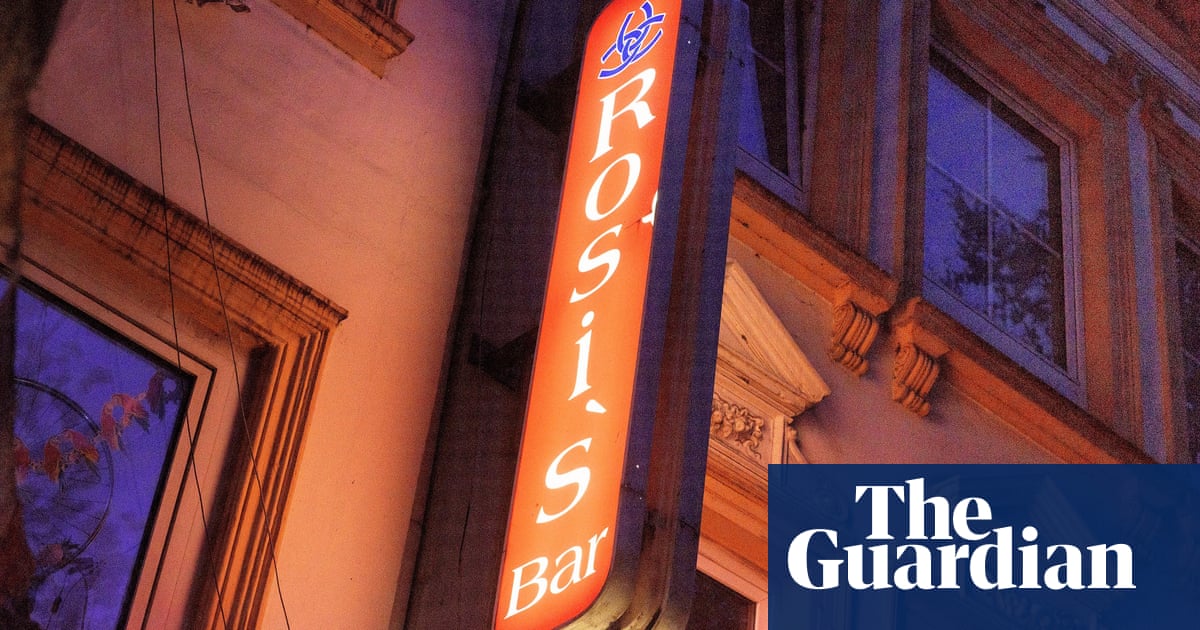Originally posted by gurnemanz
View Post
Pedants' Paradise
Collapse
This is a sticky topic.
X
X
-
Thanks! But it’s really the word order that puzzles me rather than the declension itself. As if (sticking with Mahler) we were to have Des fahrenden Gesellen Lieder…
-
-
serial : I think ff's # 6793 was meant as a nudge to test your assertion in your # 6792 that the word was appall.Originally posted by Serial_Apologist View Post
No: enthral/enthralled; rival/rivalled; travel/travelled...
My # 6796 showed that there is room for appall and appal

.
Leave a comment:
-
-
No: enthral/enthralled; rival/rivalled; travel/travelled as opposed to the American, traveled, etc. It's the simple doubling of the consonant applied with add-ons to verb endings that we learned at school in the 1950s and 50s: we've often discussed it here as fast disappearing.Originally posted by french frank View Post
So enthralling, enthralled, enthrall? Rivalling, rivalled, rivall? Spiralling, spiralled, spirall?
Leave a comment:
-
-
der Knabe (the boy, knave) is a weak masculine noun. This means it takes the -n ending in all cases, singular and plural, except nominative singular. Therefore no -s in the genitive.Originally posted by oliver sudden View Post
I’ve never completely understood Des Knaben Wunderhorn. Clearly an older set of rules than the one I semi-learnt.
There are a lot of them. They all denote people or animals, except der Wille (will) der Gedanke (thought) das Herz (heart - the only neuter weak noun). These three take both the weak -en and add an -s as well. Never an apostrophe. An example of such a genitive is Leni Riefenstahl's famous Third Reich film "Der Triumph des Willens" (the Triumph of the Will).
explained here
Leave a comment:
-
-
Including ‘pall’, I would surmise?Originally posted by french frank View PostThe root of the word seems to be the senses of pale.
Leave a comment:
-
-
If I read the article correctly: only if it’s within a proper name. So Eva’s Bar is fine if it is a place called Eva’s Bar, but if you are just referring to a bar belonging to Eva it still has to be Evas BarOriginally posted by kernelbogey View PostSo perhaps we can now revert to Knaben's Wunderhorn, avoiding that confusing 'des'...!

I’ve never completely understood Des Knaben Wunderhorn. Clearly an older set of rules than the one I semi-learnt.
Leave a comment:
-
-
The OED's first example of appal is 1771. In 1470 there is apall. The root of the word seems to be the senses of pale. The Butterfield Fowler has no preference, simply noting that one is the usual British form, the other American.Originally posted by vinteuil View Post... I was interested to see that Fowler in the 1927 edn of Modern English Usage says 'the double L is better' ; he has not been followed in later style guides : the 2016 New Oxford Style Manual states firmly 'appal (US appall)'
EDIT - and the 1933 OED has "Both on etymological and phonetic grounds the better spelling is appall, as in the derivatives."
Leave a comment:
-
-
... I was interested to see that Fowler in the 1927 edn of Modern English Usage says 'the double L is better' ; he has not been followed in later style guides : the 2016 New Oxford Style Manual states firmly 'appal (US appall)'Originally posted by oddoneout View PostI have also learned(learnt?) while checking it on line that the American spelling is "appalls"
EDIT - and the 1933 OED has "Both on etymological and phonetic grounds the better spelling is appall, as in the derivatives."
Fowler and 1933 OED also prefer enthrall ...
.Last edited by vinteuil; 08-10-24, 18:04.
Leave a comment:
-
-
So perhaps we can now revert to Knaben's Wunderhorn, avoiding that confusing 'des'...!
Leave a comment:
-
-
As far as I’m concerned, Deppenapostroph would better describe the use of a floating acute accent (or indeed grave accent as in Rosis Bar in the article picture) or an opening single quotation mark when trying to use an apostrophe, correct or not. (‘Heberer‘s Traditional Bakery’ (sic, with that non-apostrophe) is an example to be seen in many places across the country.)Originally posted by oddoneout View Post
Leave a comment:
-
-
So enthralling, enthralled, enthrall? Rivalling, rivalled, rivall? Spiralling, spiralled, spirall?Originally posted by Serial_Apologist View Post
Which is the way I would always have spelt it, in line with "appalling", "appalled" etc.
Leave a comment:
-
-
Which is the way I would always have spelt it, in line with "appalling", "appalled" etc.Originally posted by oddoneout View PostI have also learned(learnt?) while checking it on line that the American spelling is "appalls"
Leave a comment:
-
-
In a piece in the local rag about Tom Parker Bowles' book on royal eating habits*(for want of a better way to phrase it) he says that "the King appals waste". An interesting idea...
I have also learned(learnt?) while checking it on line that the American spelling is "appalls", as several of the papers that are also carrying a similar article have opted for that version. Wonder what the book version is?
*Cooking and the Crown
Leave a comment:
-
-
Meanwhile, I have had another BBC News online correction accepted Photo of man captioned as having been an RAF colonel. BUT I have to admit I wouldn't have noticed that one if it hadn't been for the fact that the copy some way below said he'd been a corporal ... Sometimes the BBC takes notice
Photo of man captioned as having been an RAF colonel. BUT I have to admit I wouldn't have noticed that one if it hadn't been for the fact that the copy some way below said he'd been a corporal ... Sometimes the BBC takes notice 
Leave a comment:
-

Leave a comment: